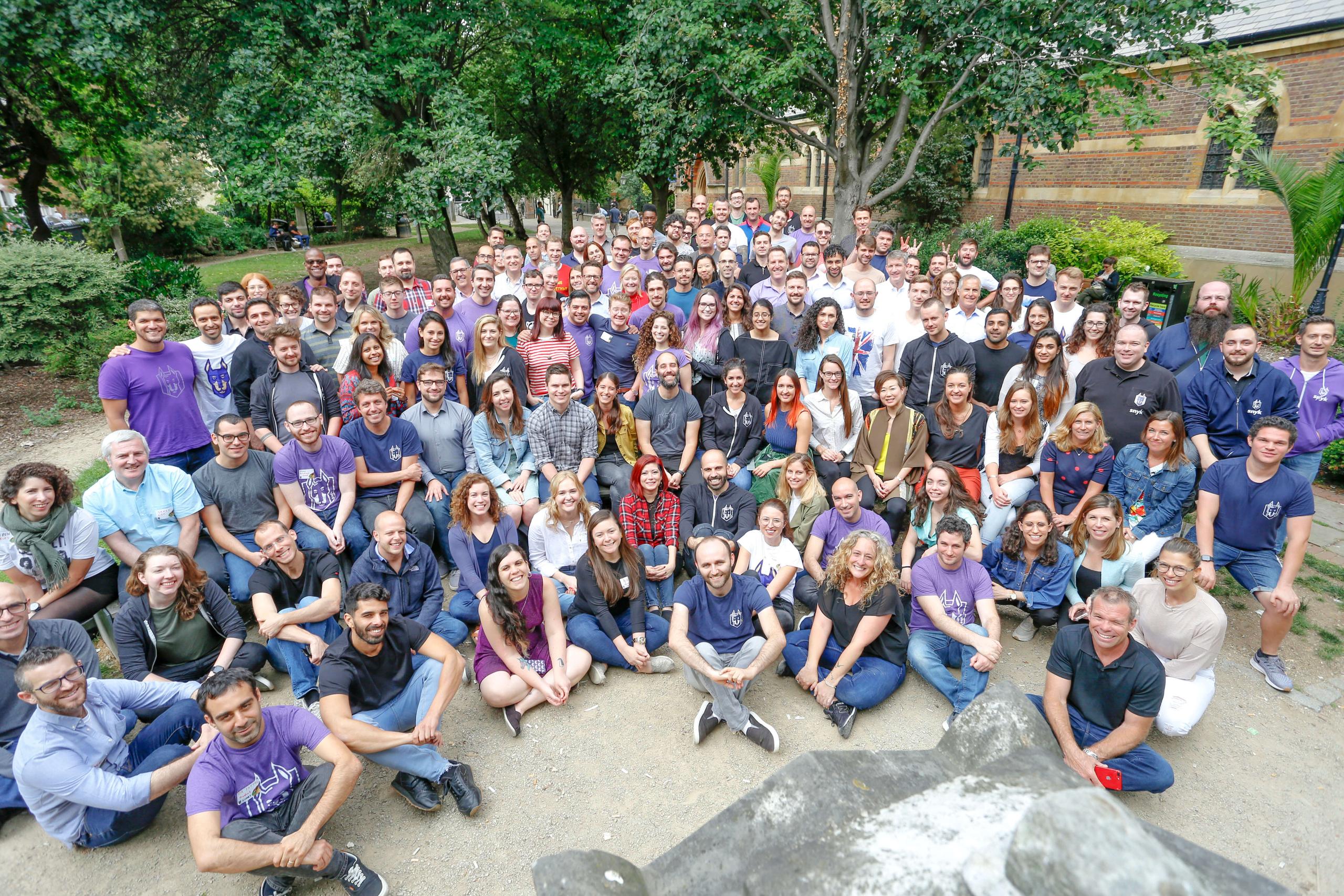Navigating your own career growth in a hyper-growth startup
Dipti Salopek
January 7, 2020
0 mins readI’m frequently asked for advice by friends and colleagues on how to navigate career growth in the startup world. At many companies in hyper-growth, as with Snyk, the sheer rate of change can create numerous opportunities but also a lot of ambiguity. This post is a peek at the advice I give my friends and coworkers on how to best position themselves for accelerated career growth.
Hyper-growth start up life can be chaotic, unpredictable, demanding, exhilarating, and maybe just outright overwhelming. But it can also be rich with opportunity. All around you, you hear talk of plentiful career growth opportunities for employees. How could there not be? Teams start doubling and tripling in size, new manager roles are created, and everyone’s abuzz with the need for more talent. And yet, the rapidity and direction of these changes can sometimes leave you feeling a bit directionless about what these career opportunities look like.
Sometimes it might seem that your company is wrongly bringing in external leadership, when it should be promoting existing employees from within. Sometimes a company may be overlooking existing talent, but there are good reasons to bring in someone new.
A few reasons why your company may resort to bringing in external talent:
The company may look to diversify its product suite, or open whole new revenue channels. In this case, the company may just need a candidate with a different skill sets and background that differs from those found on the current team.
The company might start moving up-market in target client base - from small or midsize businesses to larger and even enterprise clients. This can require an entirely different kind of sales approach, strategy, and experience level that might not exist internally already.
The company suddenly needs depth and expertise. The transition from passionate, roll-up-your-sleeves-and-do-it-all generalists to experienced professionals with deep subject matter expertise can sometimes seem like a seismic shift in business needs.
Navigating the landscape
If the above reasons sound familiar to you as the landscape you’re living in, here’s a few pieces of advice to help you navigate this:
Schedule regular development check-ins with your manager.
In a rapidly growing, high pressure environment, your manager may be pre-occupied by the pressure on her, and may not be 100% focused on your development needs. Having conversations with her to request feedback, share your interests, and learn more about potential opportunities, is a great way to influence your future options. Development check-ins certainly don’t guarantee you’ll get opportunities you want. But they at least open the door of possibility just a little bit wider. I personally regret not having taken more ownership of this during the early stages of my own career. It wasn’t until I worked for a phenomenal manager, later in my career, that I learned how beneficial and impactful development conversations can be.
Explicitly seek to understand what “good” looks like.
In a rapidly evolving organization, the goalposts keep changing. It’ll sometimes feel like the rules of the game have been switched on you overnight. Ask your senior leadership what success looks like for them. That’ll help you point and steer your efforts in the right direction. Knowing how your leaders measure themselves, or the department as a whole, will help you connect the dots of the bigger picture and expand your potential impact in your role.
Understand that career growth comes in different shapes and sizes.
Too often, I find that employees equate career growth with managing a team. This can be short-sighted. In truth, more often than not, it is the specialized non-management roles that allow for building depth and expertise in an area, that ultimately leapfrog career growth in the longer term. As you target more senior roles, subject matter expertise will become increasingly important - focus on building this into your repertoire. As a hiring manager, I frequently find myself weighing that more than people management experience. When it comes to people management, the skills I look for (defining priorities, delivering difficult feedback, coaching others, managing with empathy) can typically be found in many, many other roles.
Raise your hand for projects (even the unappealing ones).
In fact, it’s often the jobs that no one else wants to do that garner the most notice and appreciation at the top. Projects are a lot of additional work, but they’re also an opportunity to get exposure to new areas, learn new skills, and build new relationships. Your success in a project makes an impact far wider than you know. I can’t tell you the number of hires and promotions on my team that were a direct result of this sort of project work and the lasting impression it made on my mind. Whatever you do, if you raise your hand for a project, make sure you follow through.
Ultimately, career growth is a confluence of your own performance, your network, and a dash of luck. You can’t control it all, but you can certainly lay the groundwork to tilt the odds in your favor.
